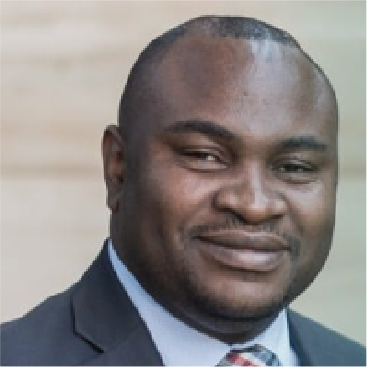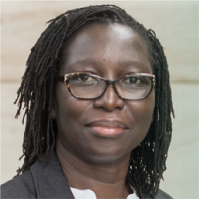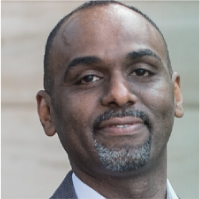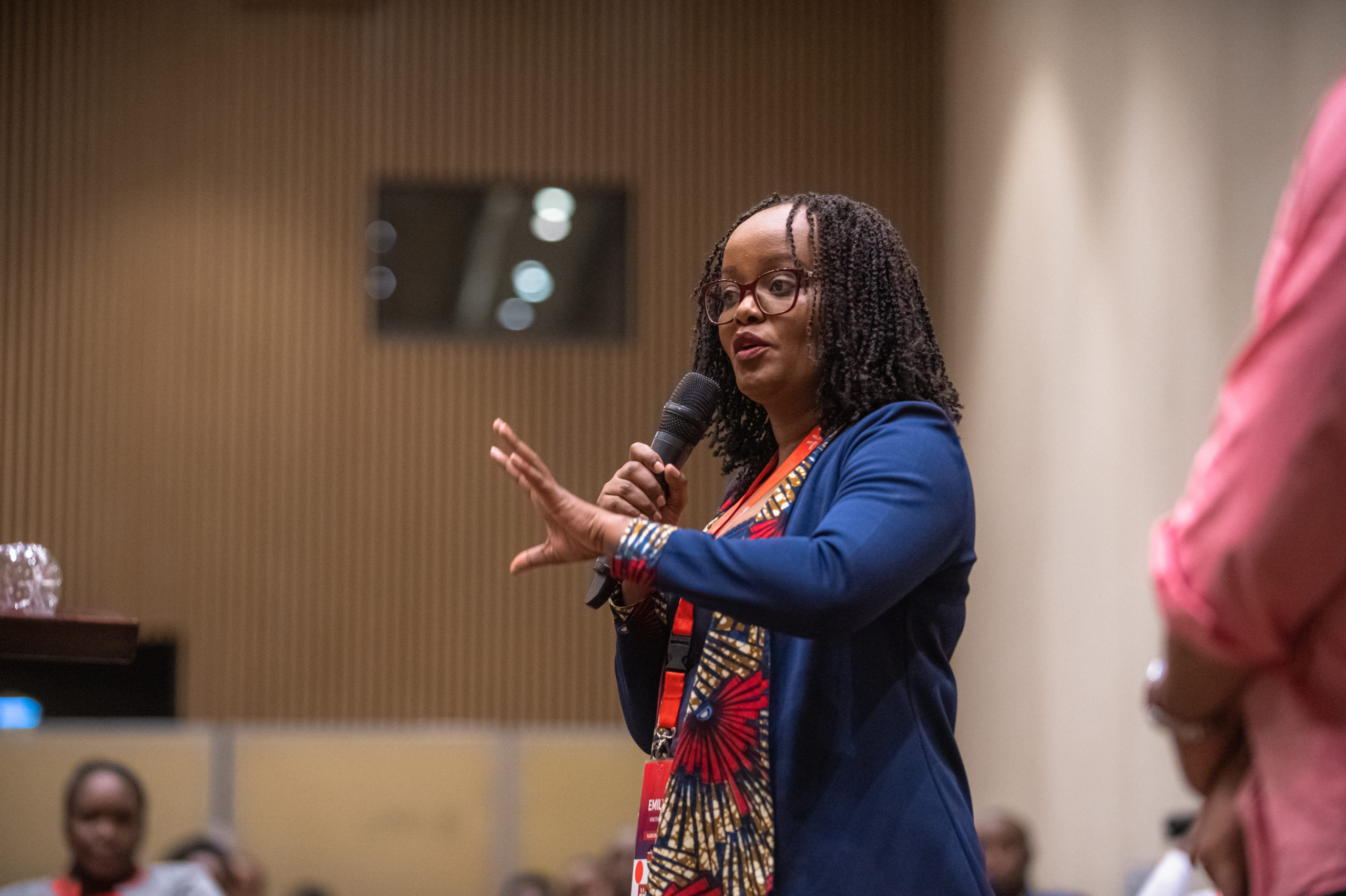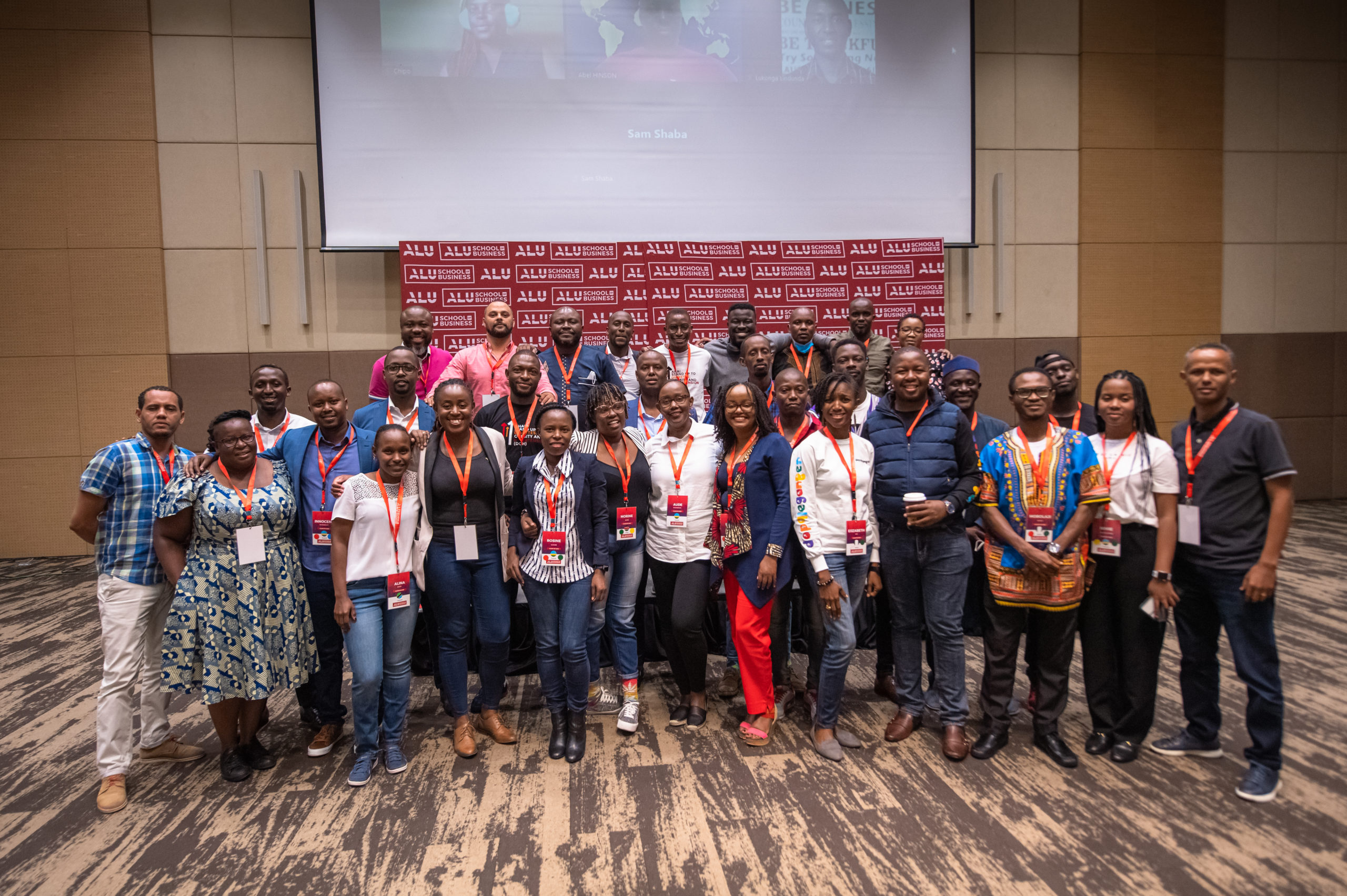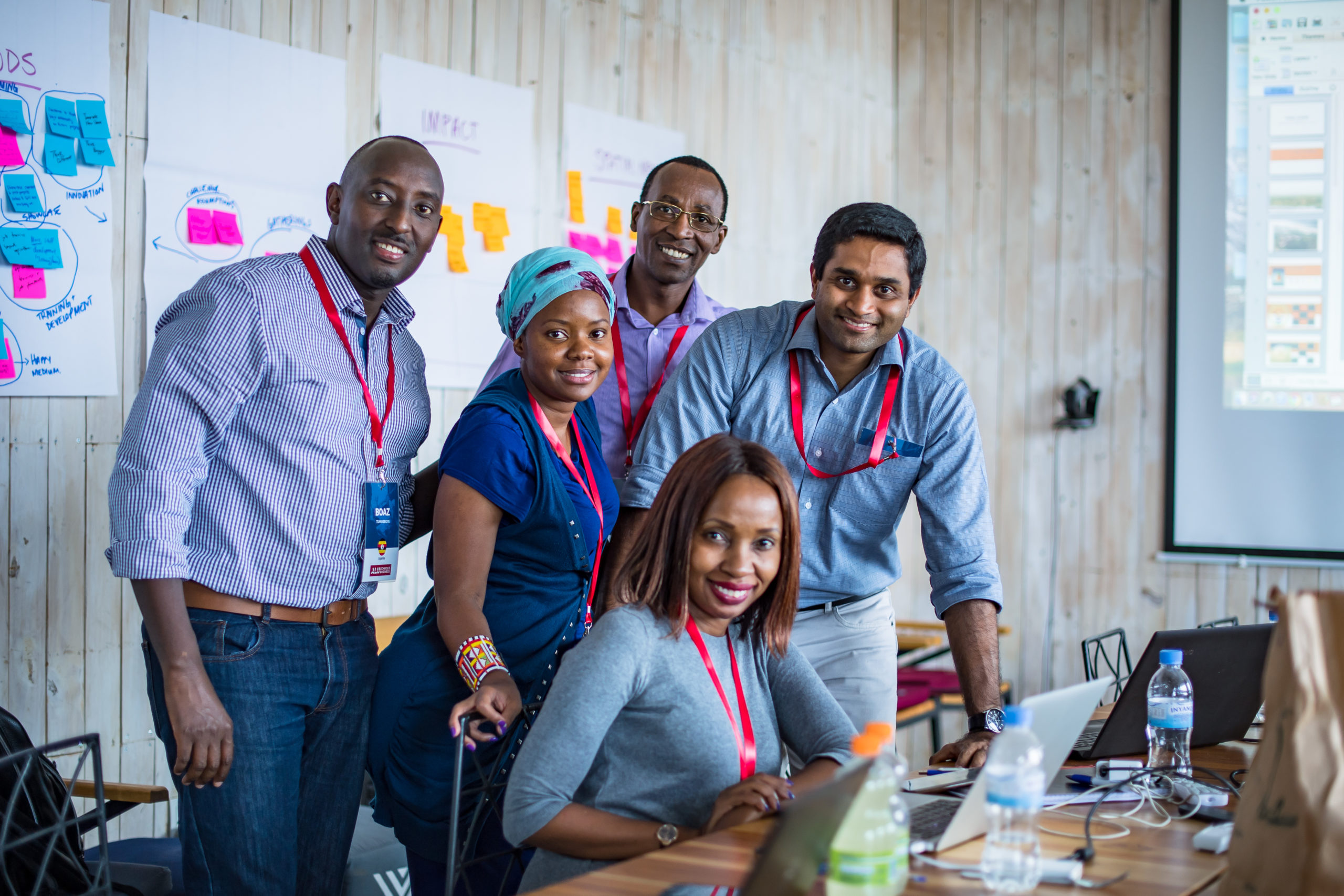This September, Peter W. Baird will join the faculty of the world’s first and only pan-African MBA programme at the ALU School of Business. With over 20 years of experience in private equity, consulting, and investment banking, Peter W. Baird, MA Eco, CFA, MBA, serves as the Head of Private Equity for Africa at Standard Chartered Private Equity Limited and is responsible for SCPE’s private-equity business across sub-Saharan Africa. He spent 11 years at McKinsey in South Africa and in the U.S., where he was a partner in the healthcare practice. He served as an Economics lecturer of the University of Cape Town. Baird holds a C.F.A. and an M.B.A. from the Stanford Graduate School of Business, where he was an Arjay Miller Scholar and a May Miller Scholar.
What excites you about the ALU MBA?
I’m very excited about being part of a really bold start up. There’s a general extraordinary unmet demand for tertiary education and high quality business education and to be able to contribute to that demand is exciting. I mean the calibre of students associated with anything in African Leadership Group is really high so I know that these students will be great. They will be intelligent, engaged, enthusiastic and fun. The calibre of faculty and the people pulling it all together is high so I’m glad to be in such company.
What is your vision for the programme?
It is my hope that over time ALUSB’s graduates will be widely recognized in Africa and around the world as being outstanding leaders in business, government, in the non-profit industry and in any field where the MBA skills will be useful. I want to see graduates accomplish great things. I hope and expect that within 10 years, ALUSB is the number one business school on the continent and 20 years from now it is viewed as one of top business schools in the world.
What will your focus be with respect to curriculum?
I’ll be teaching private equity and its role in stimulating development in an economy.
What should people look forward to in your class?
A huge amount of class participation and engagement. I hope that they will be challenged in the moment and also when they reflect on what they learned. We will look at practical and real world approaches to solving business problem that is grounded in sound theory analysis and experience. I hope that they leave having a great future as private equity investors.
How will you be incorporating a pan-African element within the standard MBA curriculum?
Teaching business has a theoretical aspect to it and that is pretty universal. The basic principles of marketing or organisational development are universal. However, practice is environmentally specific. Taking theory and applying it through a lens of real challenges and opportunities is interesting and will make it useful.
Why do you think an MBA is important for African business leaders looking to make an impact, in their careers and on the continent?
Any well structured MBA curriculum has useful knowledge and skills development which will be helpful for any business leader anywhere. Also, the experience with fellow students and faculty will be enriching because students will learn how to problem solve, communicate and work together. These skills and experience should serve a graduate because most African programmes are pretty narrow and specific with what they teach. An MBA integrates multiple disciplines.
People cite corruption as a barrier to doing business in Africa all the time. What other unspoken barriers are there?
There are lots of barriers to doing business anywhere. Corruption is definitely a challenge but it’s not even in the top three. I think the challenges to doing business include unpredictable policy environments, poor general business infrastructure in terms of not just roads, electricity, ports, telecommunication but also human capital infrastructure to create an ecosystem where business and deal making work. Then you’ve also got the challenge of a small number of investment opportunities.
How will the ALU MBA prepare students to face these challenges?
With appropriate curriculum, the MBA should get students to problem solve so that people are given the tools to make decisions in environments where there are uncertainty policies. It should also teach them how to find alternative arrangements when standard infrastructure is not in place and finally it should teach resilience, opportunism and commitment.
